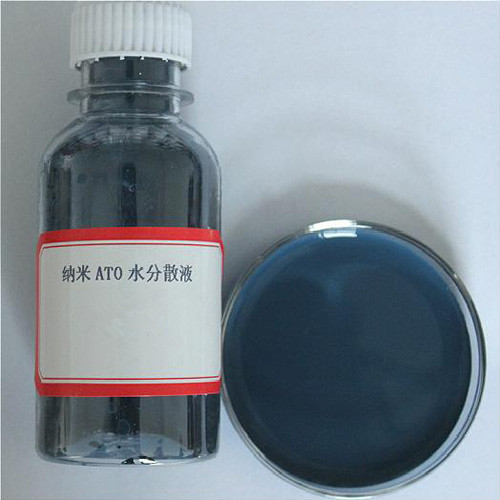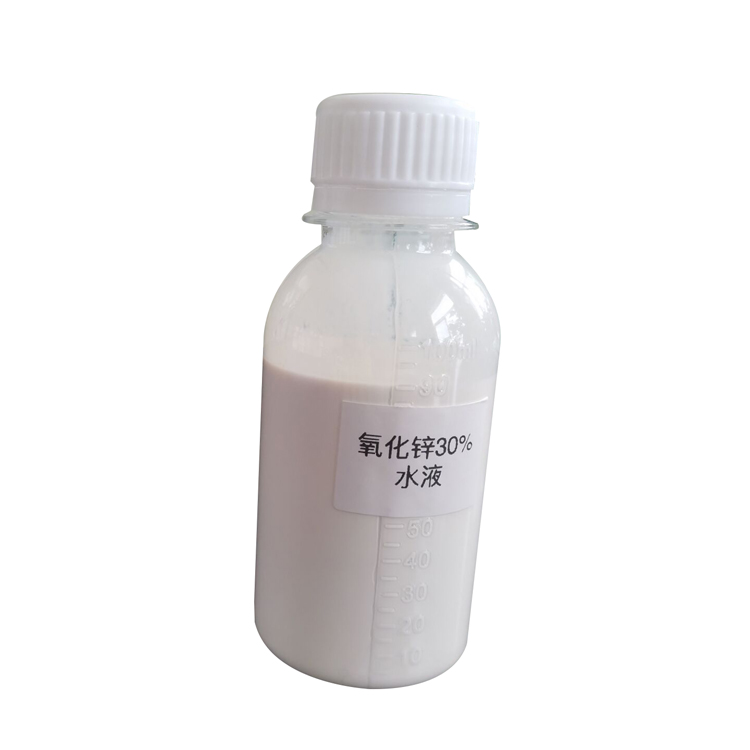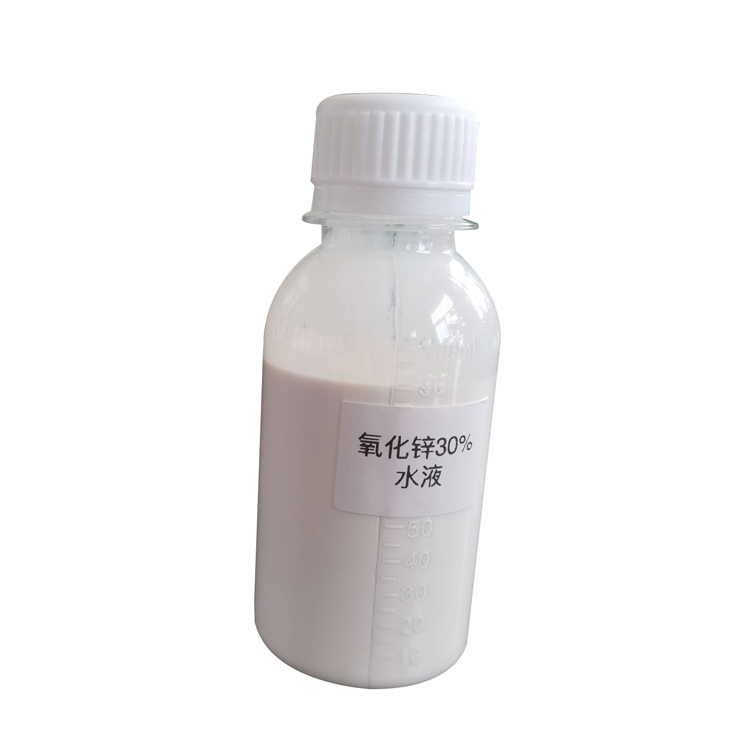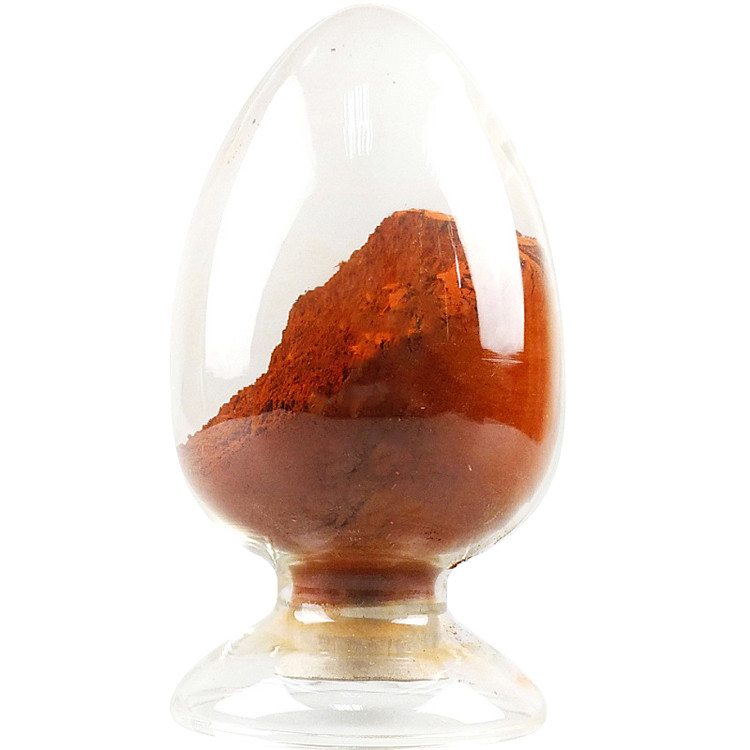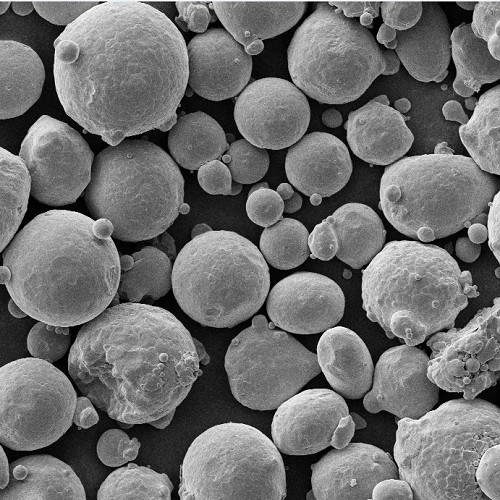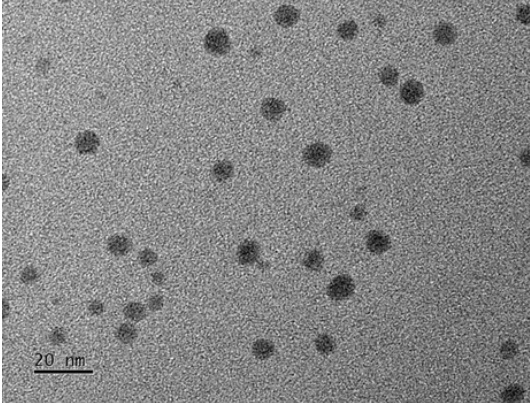- Home
- About Us
- Products
- Metal Nanoparticle
- Silver Nanoparticle
- Gold Nanoparticle
- Copper nanoparticle
- Chromium Nanoparticle
- Titanium Nanoparticle
- Iron Nanoparticle
- Zinc Nanoparticle
- Cobalt Nanoparticle
- Boron Nanoparticle
- Nickel Nanoparticle
- Tin Nanoparticle
- Tungsten Nanoparticle
- Niobium Nanoparticle
- Molybdenum Nanoparticle
- Aluminum Nanoparticle
- Silicon Nanoparticle
- Zirconium Particle
- Precious Metal Powder
- Metal Alloy Nanoparticle
- Dispersion and Colloidal
- Metal Oxide Nanoparticle
- Copper Oxide Nanoparticle
- Titanium Dioxide Nanoparticle
- Zinc Oxide Nanoparticle
- Manganese Dioxide Nanoparticle
- Tin Dioxide Nanoparticle
- Bismuth Oxide Nanoparticle
- Nickel Oxide Nanoparticle
- ITO Nanoparticle
- Magnesium Oxide Nanoparticle
- Cobalt Oxide Nanoparticle
- Iron Oxide Nanoparticle
- Zirconium Dioxide Nanoparticle
- ATO Nanoparticle
- Silica Nanoparticle
- Tungsten Oxide Nanoparticle
- Molybdenum Trioxide Nanoparticle
- Vanadium Dixoide Particle
- Ta2O5 Nanoparticle
- Boron Trioxide Nanoparticle
- Multimetal Oxides Powder
- aluminum oxide nanoparticle
- Rare earth nano powder
- Compound Nanoparticle
- Nanowires and Whisker
- Carbon Nanotube
- 3D Printing Powder
- Other Nano Material
- Metal Nanoparticle
- News
- FAQs
- Send Inquiry
- Contact Us























